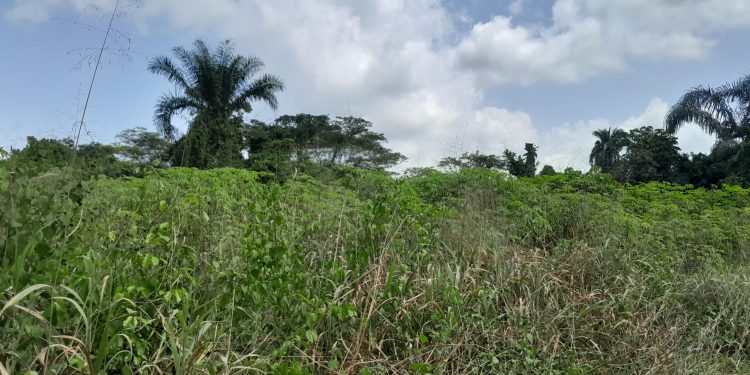Farmers cry for help as worms destroy crops in Katsina

The Katsina State chapter of the All Farmers Association of Nigeria (AFAN) has called on the state government to assist farmers in controlling worms destroying crops in their farmlands.
The AFAN chairman in the state, Yau Umar-Gojo-Gojo, made the call while speaking with journalists on Wednesday in Katsina.
He said the worms invaded farmlands and ate up stems, which made it difficult for the crops to survive.
Mr Umar-Gojo-gojo said the problem was much more common in places like the Batarawa, Mani, Daura, and Funtua axes.
He said the worms mainly attacked newly planted crops like maize, guinea corn and millet.
The chairman advised the affected farmers to apply the recommended insecticides to kill and prevent the worms from spreading to other places.
“We have received complaints from some of our members that the worms are seriously destroying their crops.
“We have visited such affected places and seen how the worms but we advised them to, as a matter of urgency, use recommended chemicals to kill the worms before the government intervenes to reduce losses.’’
He said the worms appeared due to rainfall ‘seizures’ in many places in the state for over ten days.
“We are hoping that they will disappear as soon as rainfall resumes; we are hopeful for the rainfall any moment from now,” he said.
Mr Umar-Gojo-gojo urged the state government to assist the farmers in controlling the worms and save them from recording pre-harvest losses.
“We are calling on the government to assist the farmers with chemicals to control these worms.
“The government can deploy the 722 extension workers to each ward in the state to ensure the elimination of such insects in their respective communities.
“At least, the government has given each extension worker a motorcycle and sprayer for use in his area where necessary.
“So, the government should also provide them with the chemicals to control the worms,” he advised.
He feared the problem could affect agricultural productivity, especially maize, guinea corn and millet unless urgent measures were taken.
The chairman explained that farms that reported such problems were in the significant areas producing such crops.

